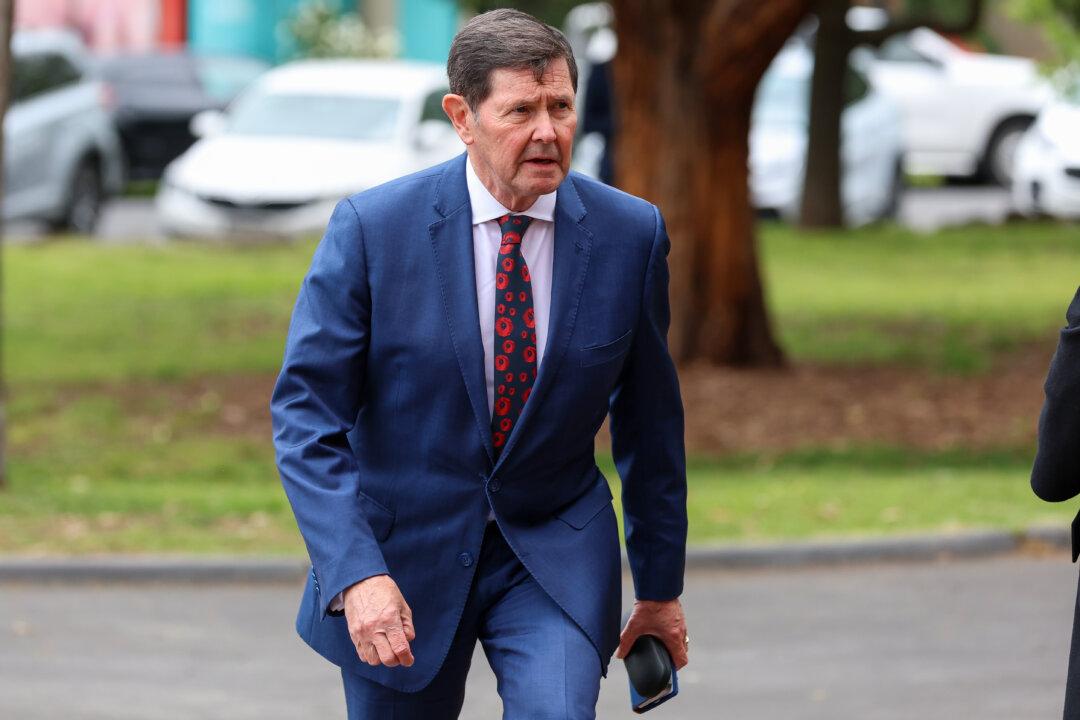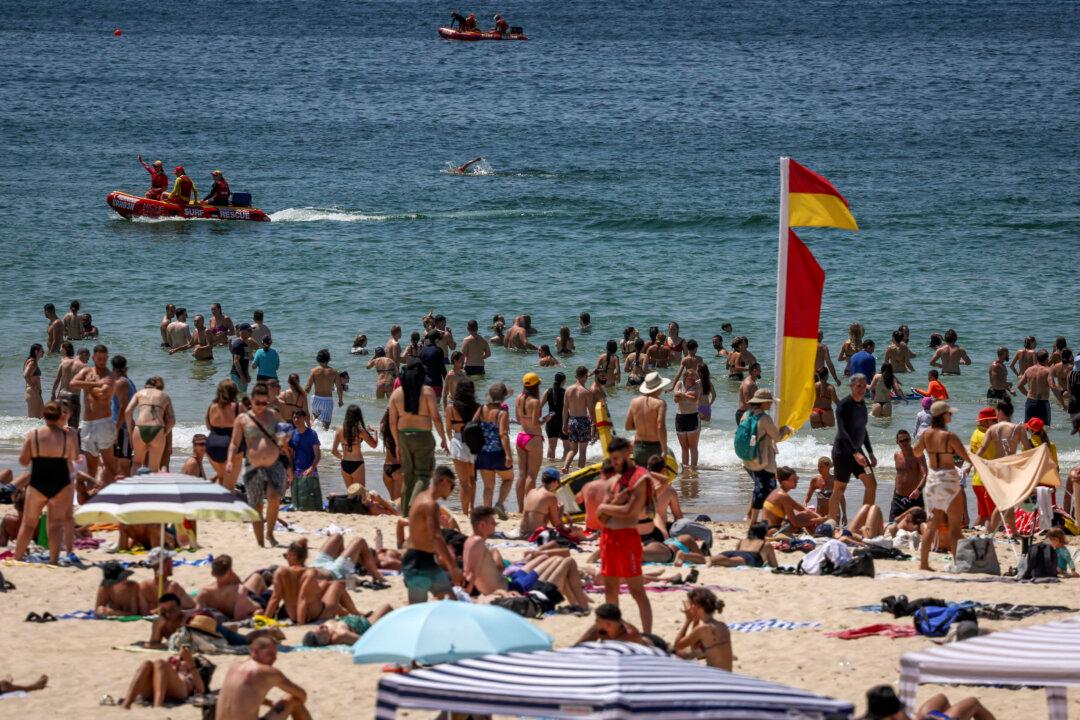Despite its challenges, Australia is a country worth celebrating for both its modern history and deep Indigenous culture, the governor-general says.
Whether through celebration, commemoration or protest, millions of people across the nation will mark the 235th anniversary of Captain Arthur Phillip landing at Sydney Cove.
Since that day, Australia had become a country to be proud of and one made stronger by the history, traditions and culture of Indigenous people, Governor-General David Hurley said.
“Our individual identities and stories weave together into a modern, diverse nation of people,” he said.
“That is worth celebrating. Yes, there are many challenges, and yes, we don’t agree on everything.
“We do, however, work hard, look out for each other and are not afraid to take on the big challenges.”
Prime Minister Anthony Albanese thanked those taking up citizenship in ceremonies nationwide.
The newest Australians were embracing the nation’s guiding compassion, aspirational optimism and “our belief in opportunity for all”, he said.
“On Australia Day, we celebrate how fortunate we are to live in the greatest country on earth.
“And each of us knows it can be greater still: more fair, more prosperous, more equal.”
Festivities in Sydney began at dawn with a projection on the Opera House by Kamilaroi woman and artist Rhonda Sampson acknowledging the important role of women around the waters of Sydney Cove before Captain Phillip’s 1788 arrival.
It was followed by a smoking ceremony at Barangaroo, held for the 20th year to celebrate the culture and language of Indigenous people.
A traditional ferry race across the harbour will follow later on Thursday.
The Andrews government in Victoria has cancelled the annual street parade through Melbourne, choosing to focus on local gatherings.
But a 21-gun salute will occur at midday at the Shrine of Remembrance, followed by the RAAF Roulettes city fly-over.
Meanwhile, some Queensland towns will offer free barbecues to bring communities together.
For others, it will be business as usual.
Deloitte, KPMG, CSL and other large companies have allowed employees to work on Australia Day and take a day of leave at another time as part of their flexible cultural leave arrangements.
Meanwhile, Invasion Day or Survival Day rallies will be held in all capital cities, providing a visual reminder of opposition to the public holiday.
Polling from conservative think-tank the Institute of Public Affairs suggested three-and-a-half times more Australians support Australia Day remaining on January 26 than those who were opposed.
But support decreases among younger age groups. Among 18-to 24-year-olds, only 42 percent were in favour compared to 30 per cent against maintaining the day.
Meanwhile, an annual Roy Morgan poll asking about naming the date Australia Day or Invasion Day remained relatively stable on a 64-36 split.
Roy Morgan chief executive Michele Levine said the issue had taken on added importance this year with the federal government’s commitment to a referendum on the Indigenous voice to parliament.
For Indigenous artists performing in official ceremonies, their presence is about representing the oldest living culture rather than celebrating the beginning of white Australia.
“I always want to have a visibility, so people don’t forget that that day was more than just planting a flag on Circular Quay,” performer and Bundjalung woman Rhoda Roberts said.





